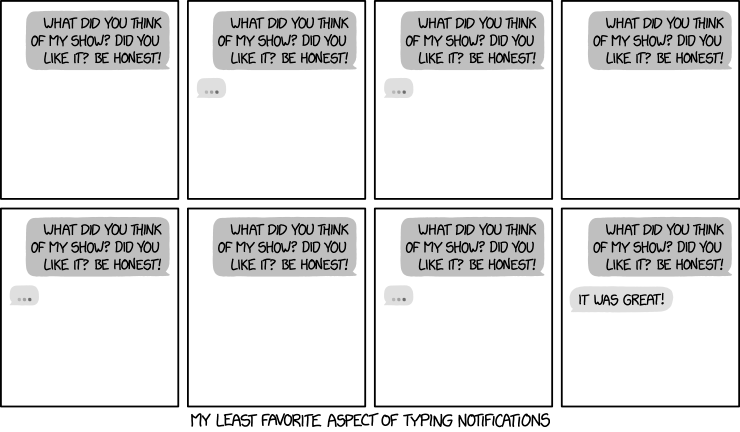![]() This is my first post so I hope I am not doing this wrong. Anyway, I feel like this word is on the tip of my tongue, yadda-yadda-yadda, ok, enough about me.
I am writing about the nature of power throughout history and I am looking for the word that best describes either (1) the human characteri...
This is my first post so I hope I am not doing this wrong. Anyway, I feel like this word is on the tip of my tongue, yadda-yadda-yadda, ok, enough about me.
I am writing about the nature of power throughout history and I am looking for the word that best describes either (1) the human characteri...










